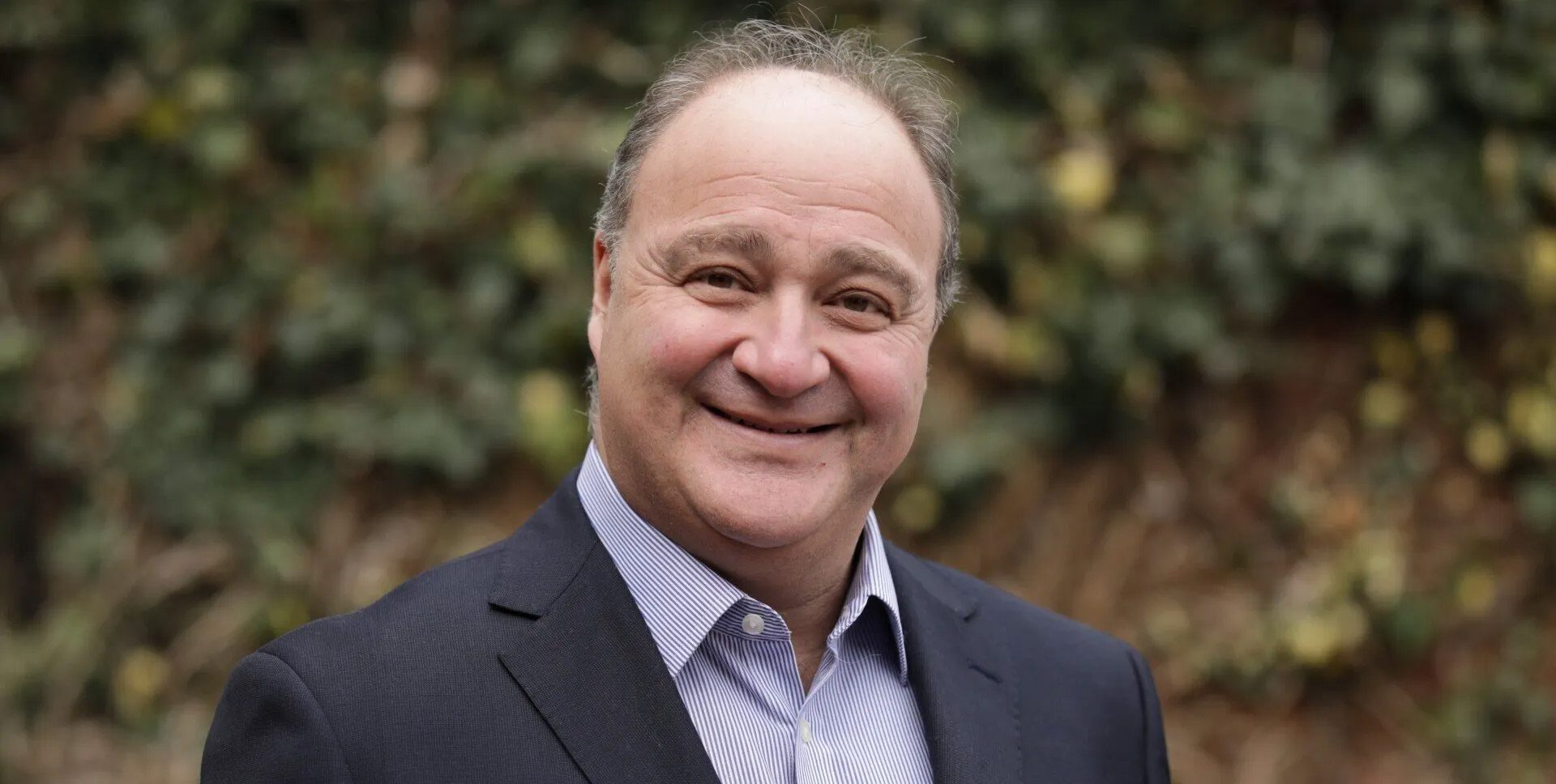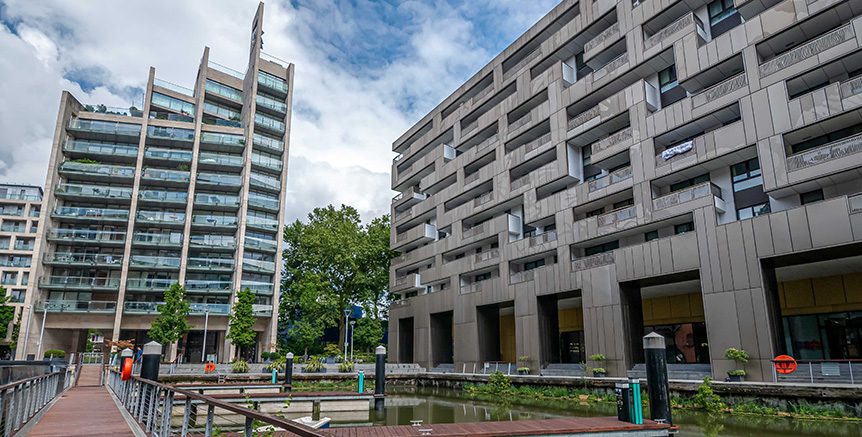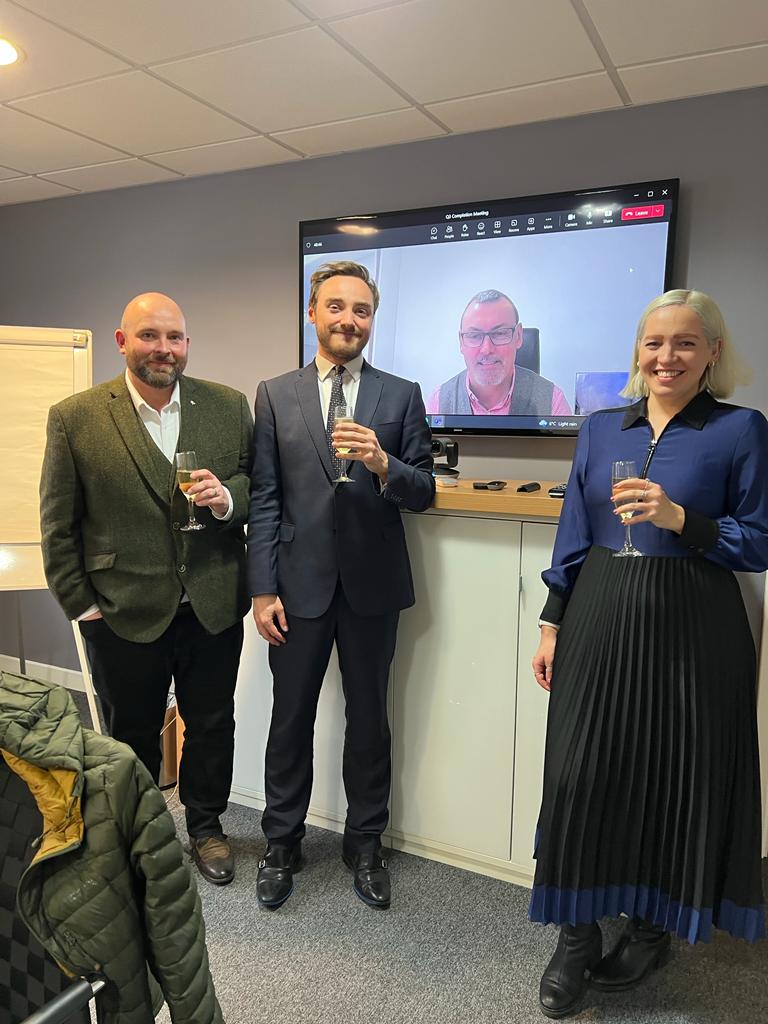Q3 is making its way in the world of FM, on a journey that has already had a few twists and turns. CEO Martyn Freeman recounts the story.

This April, Q3 celebrates its 5th birthday. From the germ of an idea in 2018, the company has grown in a short space to become a fully-fledged FM business, employing around 400 people and turning over just under £25 million per annum. It’s been an interesting, eventful and sometimes chaotic development process but one that Martyn Freeman founder and CEO looks back on with fond memories and not inconsiderable pride, for what has been a great team achievement.
This is his retrospective on those five years.
“I suppose the creation of Q3 Services came about as a result of a series of happy coincidences. Call it happenchance, or synchronicity, but with a few more twists and turns, it might not even have happened at all.
“In 2017, I was on gardening leave from my role as Chief Development and Strategy Officer with the UK’s largest FM company, when a number of moving parts coincided to open up the possibility of Q3. I guess the stars aligned!
“I enjoyed plenty of free time to consider the prospect of life after 25 years at Mitie and was already wrestling with everything that challenge entailed. I had lived in a people-orientated business for so long, alongside individuals with whom I had really enjoyed working. When there was a threat that this might be taken away, it represented a much bigger wrench than I had first realised. Working in FM is different to other types of company because of the people dimension.
“What would I do for the next 20 years if I were not working with people? Where could I find the camaraderie and the spark one gets from interacting and collaborating with like-minded colleagues?
“As I watched a new management team shape the new direction for my old business, I became aware of other colleagues from the organisation facing this same unsettling, disruptive, prospect and asking similar questions. Many were disillusioned with what they had been doing in recent times, facing a career crisis, and wondering what to do next.
“I guess if people had been happy with their lot, maybe Q3 wouldn’t have happened. However, a few exiles got talking about their personal predicaments and plans, and the idea for creating Q3 was mooted as a potential solution to everyone’s problems.
“Originally, the extent of our ambition was to start a cleaning company. But no, we quickly realised that we needed to develop a broader range of FM services. And, if we were to do it, it needed to be different and totally unlike the corporate FM culture we had left behind.
“We also knew, that for the new venture to work we had to cut the crap and reject all the stuff that adds little or no value to a business… meetings for meetings sake or working with non-productive people. We had to let go of old ways of working where many of us spent 90% on our time justifying internally what we were doing, and why. Now the focus had to be 100% on establishing and growing a new business, and making it succeed. Oh, and we wanted to put the word “fun” back into what we were doing, which in the early days was a lot easier said than done.
“Our new start-up had to have “meaning” and integral to that was establishing strong teamwork and creating the right culture to allow the business to thrive on the strengths, skills and talents of its people. That meant, not just saying that we are a people business but actually being one – looking after people and encouraging them to adopt our values to create great service and happy clients. The Q3 name evolved in fact from the original values we aspired to – Quality people, quality services and quality clients.
“My ambition was to grow the business so that we would not be scraping around looking for a client who’s happy this week to give you a reference but be in a position to just give a potential client the whole client list to choose from, knowing any one of them would be delighted to give a good reference.
“However, early doors, we were a long way from realising such ambitions. There were some difficult choices to be made. We had to set aside personal ambition for career development and focus 100% on growing the company and giving the whole adventure wings.
“We knew it wouldn’t be easy but hadn’t anticipated some of the difficulties. Just because people were successful in the corporate world, doesn’t mean they can repeat this in a new start-up business, without the cotton-wool protection and resources of a large, established company. You can have a great business plan and pour in lots of investment but getting any traction from a standing start is incredibly difficult. Any kudos or respect you enjoyed previously was about your position and achievements in the context of that old role. Once you have left it, people have short memories. You realise that you are on your own, you have to have your wits about you and push so much harder to make the initial breakthrough. We couldn’t believe how difficult it became just trying to fix a meeting with prospective clients, being so new into the market.
“You must remember too, that this was not exactly a great time to be launching a new FM business. The industry was going through an identity crisis of its own and the love for outsourcing and the FM sector was waning from both institutions and clients. It had started with negative publicity around large public sector contracts not being fulfilled, various profit warnings amongst major PLCs, poor results, and liquidations. What a time to launch Q3!
“However, in business, like many areas of life, I believe that if you work hard enough, you create your own luck. We certainly made a few moves that weren’t in the playbook or business plan. Some decisions worked and some didn’t. Buying the Channel Islands operations from OCS was just one crazy decision that in the long term has turned out to be a master stroke, because it provided several famous brand reference points from from its client base.
“I wonder how many FM businesses put a plan in place and actually stick to it. I love the philosophy of John Harvey-Jones, ex-Chairman of ICI who said, ‘Planning is an unnatural process; it is much more fun to do something. The nicest thing about not planning is that failure comes as a complete surprise, rather than being preceded by a period of worry and depression.’
“How we got to £25m in five years is not written down in any book. Spontaneous decisions taken along the way (good and bad) more often than not determined the outcome. Fortunately, for Q3 the majority of decisions turned out well, but how do you bottle that formula?
“From the early days, we continue to reinvest our profit to bring on board new talent and to ensure our operations were supported to do their jobs properly. To me, this is proper management, proper continuous improvement. You should never get to a point where you have a crisis, if you work hard enough on continuous improvement. If you ever find yourself going through an unforced restructure, then continuous improvement has not been embedded in your day-to-day activities. You have to work at it constantly – continuous improvement has to be an everyday management activity.
“We have now built an infrastructure to be able to never say ‘no’ to a client because we have the talent, resource and capability to carry through any demands placed on us.
“We have now reached our 5-year anniversary but as a business, we are in our teens in terms of development. There is a level of maturity about Q3 that is beyond our years. I have the image in my head of a spotty teenager, ready to fearlessly fly the nest and take on the world, undaunted by the what the future may hold.
“Looking forward, success in the next five years does not necessarily mean repeating exactly what we did in the first five. Yes, the rudiments of nurturing talent, and our values – Quality People, Services and Workplaces remain consistent but we will have to work very differently. We have contemplated/evaluated where we have got to and what needs to happen next, and we have reset our 5-year strategy.
“Driving for growth and being unstructured worked before, but now we are becoming more focused in our approach and are redefining our mission and vision. We’re making sure that where we have holes in internal and external processes, we address them. The team has been mature about this and systematically we are dealing with things and ironing out the wrinkles. As we go down this new growth path, we must ensure that the backbone of the business remains strong, to facilitate this new approach.
“I see a marketplace that is polarising right now. At one end sit the big corporate FM machines, existing for clients who are looking for a safe multi-site, off-the-shelf, self-delivered solution. They are voracious beasts and driven by the need to secure high revenue contracts that can satisfy their hunger and the demands of their shareholders. It’s an area in which we have chosen not to compete.
“However, there are many other potential clients who don’t want that kind of approach, and that is where we are more than happy to fit in. Here, we are in our element because we can apply our vast experience and knowledge to be creative, different, and imaginative, to tailor something unique in FM terms. Something that perhaps the client didn’t even know they wanted.
“I wonder, when I sit down in another five years, will things have turned out as I imagined?”

 Channel Islands
Channel Islands







